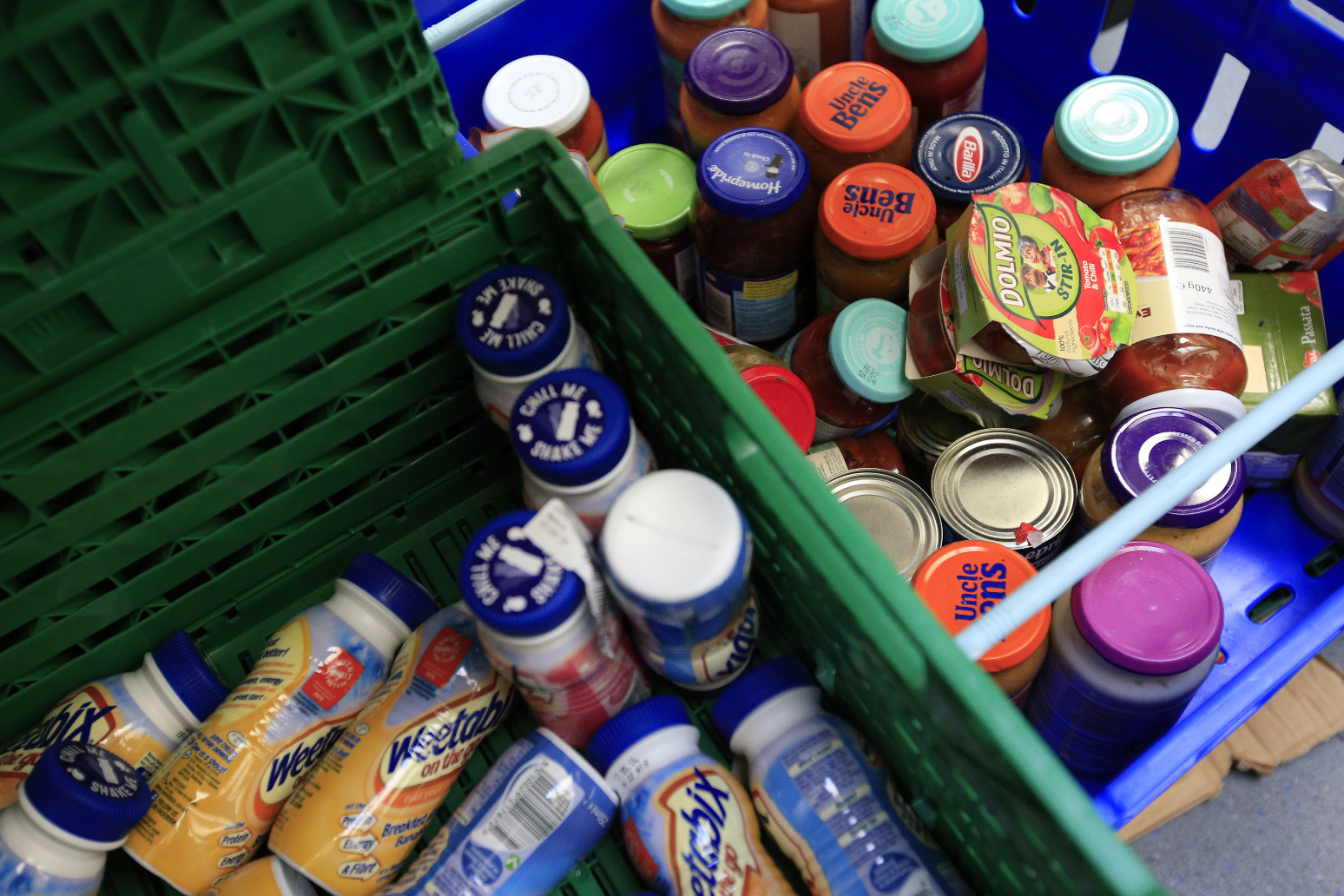
Universal Credit recipients ‘turning off fridges and unable to heat homes’
That's according to the Trussell Trust
A third of people on Universal Credit have not been able to afford to heat their homes for more than four days over the last month, according to a charity.
Four in 10 adults receiving the benefit have fallen into debt this winter because the payment is not keeping pace with the soaring cost of living, the Trussell Trust said.
Some people are turning off their fridges to save money, others are experiencing mould because they cannot afford to put the heating on and some cannot afford to get to work or take their children to school, it said.
The charity, which runs a network of food banks, commissioned a YouGov survey of 1,506 UK adults claiming Universal Credit between 24 January and 15 February.
It found that one in six respondents (17%) needed to visit a food bank at least once since the start of December.
One in three (33%) people had more than one day in the last month where they did not eat at all or had only one meal.
The same proportion have not been able to heat their home for more than four days across the last month because they could not afford to.
The Trussell Trust warned that the situation could worsen as inflation continues to rise.
The Government is due to increase benefits by 3.1% from April, in line with the Consumer Prices Index (CPI) inflation rate in September 2021.
But inflation is expected to top 7% by April.
Work and Pensions Secretary Therese Coffey has previously told MPs it was a reasonable and sensible decision to base the annual increase for inflation-linked benefits and tax credits on data from last year.
The Trussell Trust said the increase is “dangerously insufficient”, and called on the government to increase benefits by at least 7%.
Chief executive Emma Revie said: “Right now, the cost of living is forcing hundreds of thousands of families across the country into a downward spiral of debt just to get by.
“People are telling us they’re going days with minimal food, are having to endure the cold to save money and are being forced to turn to food banks with devastating effects on people’s mental health.
“Social security should be protecting people from debt and food banks – not pushing them towards it.”
The rise in the cost of living follows the decision to phase out the £20 Universal Credit uplift, introduced as a temporary measure to help claimants through the pressures of the pandemic, in the autumn.
It comes as more than 50 organisations issued a joint statement to MPs calling for benefits to be increased by at least 7% to help those who are struggling the most.
Some 59 charities, including the Child Poverty Action Group (CPAG), Citizens Advice, Save the Children UK, say the planned increase is “an ‘unthinkable’ real-terms cut”.
They write: “Much more is needed for levels of support to reflect what people need to get by, but we urge the government to use the spring statement on 23 March to stop this large gap widening even further.
“The people we support and represent are struggling, and budgets can’t stretch any more. The government must step in to make sure that everyone gets the help they need.”
A Government spokesman said: “We recognise the pressures people are facing with the cost of living, which is why we’re providing support worth £21 billion this financial year and next to help.
“This includes putting an average of £1,000 more per year into the pockets of working families via changes to Universal Credit, freezing fuel duties to keep costs down and helping households with their energy bills through our £9.1 billion energy bills rebate.
“We’re also boosting the minimum wage by more than £1,000 a year for full-time workers and our £500 million household support fund is helping the most vulnerable with essential costs.”
Published: by Radio NewsHub